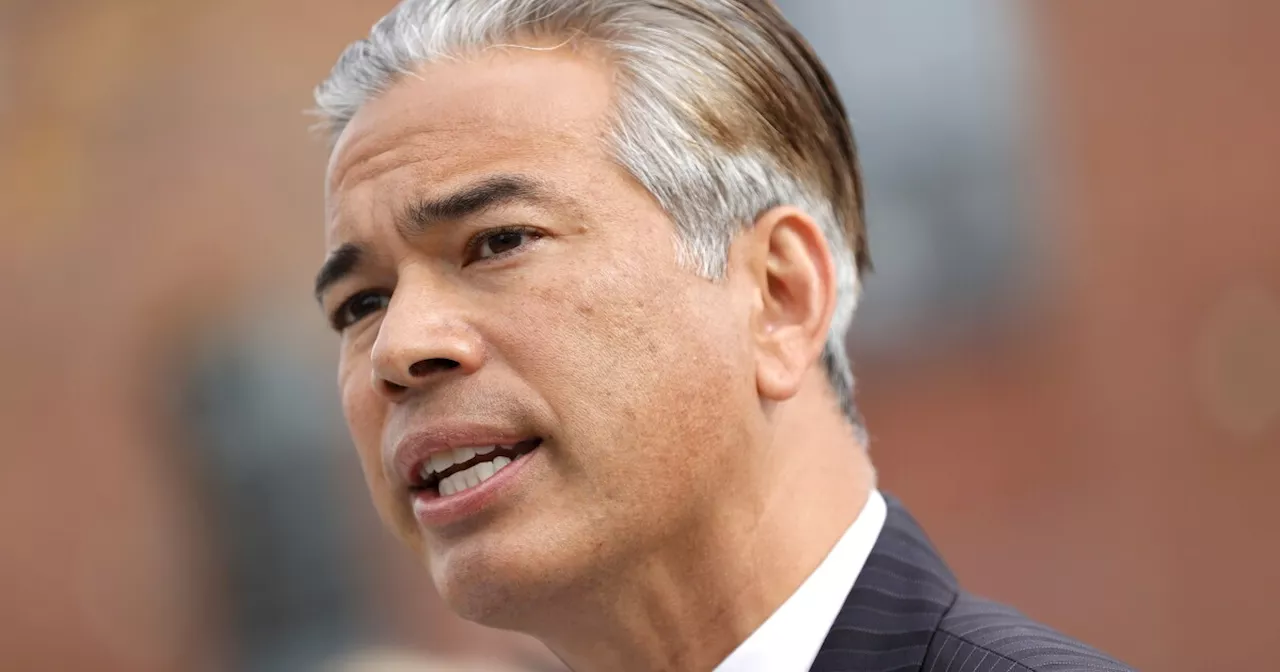Politics
LAPD Controller Advocates for Mental Health Teams in Crisis Response

The Los Angeles City Controller, Kenneth Mejia, is urging a significant shift in how the Los Angeles Police Department (LAPD) handles mental health crisis calls. Mejia’s recommendation emphasizes that the LAPD’s Systemwide Mental Assessment Response Teams (SMART) should take the lead in responding to mental health incidents that do not involve weapons, rather than patrol officers.
In a statement released by the Controller’s Office, Mejia highlighted that current LAPD practices often place patrol officers at the forefront of these responses. This approach can impede the effectiveness of specialized mental health teams, which consist of both armed officers and clinicians from the L.A. County Department of Mental Health. Their primary objective is to de-escalate potential crises and minimize the risk of violence.
The findings from the Controller’s Office point to a pressing need for reform in LAPD policies, particularly regarding the involvement of SMART units. Data from the assessment indicates that between 2017 and 2023, 31% of police shootings involved individuals perceived to be experiencing mental health issues. This statistic underscores the importance of revising response protocols to prioritize mental health professionals in crisis situations.
Critics of the current system include Dinah Manning, senior advisor at the Controller’s Office, who led the assessment. Manning noted that despite the intent of the SMART units to assist in crisis situations, patrol officers remain the primary decision-makers. “The LAPD requires an armed-first, police-first response,” Manning stated, highlighting a systemic issue that affects the outcomes for individuals in crisis.
The assessment’s recommendations come in light of prior commitments made by former LAPD Chief Michel Moore in 2021, who suggested that deploying SMART units alongside patrol officers could effectively reduce tensions during mental health incidents. However, the recent findings reveal that this approach has not been fully realized, as SMART units are often relegated to a secondary role, limiting their ability to intervene effectively. Manning emphasized that, “SMART’s role as the secondary unit severely limits the mental health professional’s ability to intervene and improve outcomes for the person in need or in crisis.”
Notably, the assessment also identified a gap in training for officers working with SMART units. Officers were found not to be required to undergo additional mental health training beyond the standard 36-hour mental health intervention training. Manning pointed out that the lack of specialized training for SMART officers, who are expected to handle sensitive situations, is concerning and calls for immediate attention.
The implications of this assessment are profound, particularly as the LAPD continues to face scrutiny regarding its handling of mental health crises. The tragic case of Takar Smith, a 45-year-old man shot by police while experiencing a mental health crisis, serves as a stark reminder of the potential consequences of inadequate response measures. Smith was reported to have schizophrenia and was not taking his medication at the time of the incident, which escalated when officers attempted to subdue him.
Mejia’s statements reflect a growing recognition of the need for reform in police responses to mental health crises. He expressed dissatisfaction with the current system, stating that, “resources were not called upon” in critical situations involving mental health.
As Los Angeles grapples with these issues, the Controller’s Office has called for a comprehensive system to track the impact of SMART units on mental health-related incidents. Enhancing the role of mental health professionals in crisis responses could lead to improved outcomes and a reduction in violence during encounters with law enforcement.
The ongoing dialogue surrounding mental health crisis responses underscores the need for policy changes that prioritize the health and safety of individuals in vulnerable situations. The recommendations from the Controller’s Office could potentially reshape how the LAPD approaches mental health crises, fostering a more effective and compassionate response system for those in need.
-

 Lifestyle3 months ago
Lifestyle3 months agoLibraries Challenge Rising E-Book Costs Amid Growing Demand
-

 Sports3 months ago
Sports3 months agoTyreek Hill Responds to Tua Tagovailoa’s Comments on Team Dynamics
-

 Sports3 months ago
Sports3 months agoLiverpool Secures Agreement to Sign Young Striker Will Wright
-

 Lifestyle3 months ago
Lifestyle3 months agoSave Your Split Tomatoes: Expert Tips for Gardeners
-

 Lifestyle3 months ago
Lifestyle3 months agoPrincess Beatrice’s Daughter Athena Joins Siblings at London Parade
-

 World3 months ago
World3 months agoWinter Storms Lash New South Wales with Snow, Flood Risks
-

 Science3 months ago
Science3 months agoTrump Administration Moves to Repeal Key Climate Regulation
-

 Business3 months ago
Business3 months agoSoFi Technologies Shares Slip 2% Following Insider Stock Sale
-

 Science2 months ago
Science2 months agoSan Francisco Hosts Unique Contest to Identify “Performative Males”
-

 Science3 months ago
Science3 months agoNew Tool Reveals Link Between Horse Coat Condition and Parasites
-

 Sports3 months ago
Sports3 months agoElon Musk Sculpture Travels From Utah to Yosemite National Park
-

 Science3 months ago
Science3 months agoNew Study Confirms Humans Transported Stonehenge Bluestones









